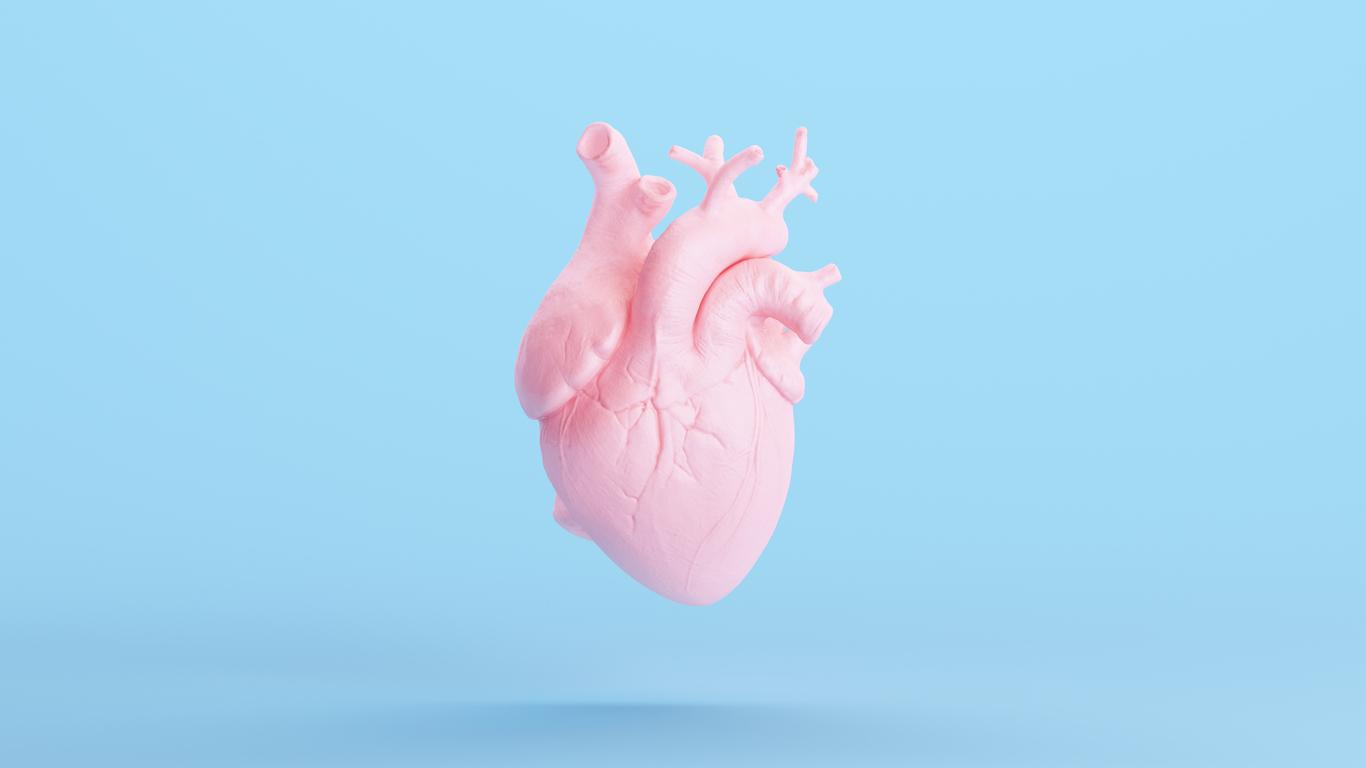
The most common symptoms
The sooner a heart attack is treated, the greater the chance of survival. It is therefore in your best interest to recognize a heart attack as soon as possible. These are some of the most common symptoms.
Watch the video about a heart attack here.
1. Chest Pain
Chest pain or discomfort is the most common symptom of a heart attack. The pain can be mild, so people don’t immediately think of something as serious as a heart attack. They often assume that the pain will go away.
2. Upper Body Discomfort
Upper body discomfort or pain — not just the chest area — could indicate a heart attack. Be attentive to any strange or unusual symptom from your hip upward. This can include a feeling of pressure, heaviness, pain or discomfort in the chest, back, neck, shoulders, arms, wrists, elbows, between the shoulder blades, in the jaw, throat or even in the gums or earlobes.
Of course, you should not start thinking about a heart attack with every aching in this area. Do heart problems or risk factors, such as high blood pressure or high cholesterol, run in your family? Then pay special attention to these symptoms. If the pain is particularly intense, if there is no specific reason for it, if it gets worse during exercise or if the pain just won’t go away, you should consult a doctor.
3. Gastrointestinal Problems
Stomach and intestinal problems can also be an indication of heart problems. If the pain feels different from ‘normal’ stomach and intestinal problems, extra attention may be needed. Do this especially if you already suffer from risk factors, such as high blood pressure or vascular problems.
4. Flu-like Symptoms
It often happens that people seem to be suffering from a very bad flu, when they actually have heart problems. Extreme tiredness and exhaustion that lasts for days, stomach and intestinal problems and a general ill feeling can be symptoms of a heart attack. These symptoms are easy to confuse with the flu. So be wary if you feel the symptoms are abnormally bad.
5. Shortness of breath
Shortness of breath is also a major symptom of a heart attack. Be alert. You don’t necessarily have to have pain in your chest area to speak of a heart attack when you have shortness of breath.

















